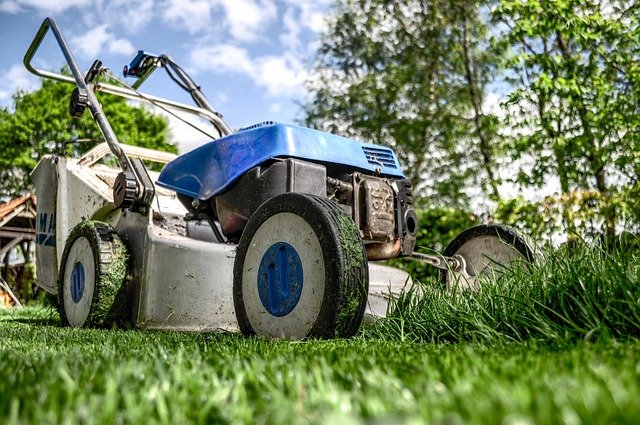Senior Daycare: Services, Caregivers, and Healthcare
Senior daycare programs offer daytime supervision, social interaction, and basic health support for older adults who need assistance but do not require full-time residential care. These programs can reduce isolation, provide structured activities, and give family caregivers necessary respite while promoting safety and wellbeing for participants. Understanding what services are available and how they integrate with broader care plans helps families choose appropriate local services and set realistic expectations.

This article is for informational purposes only and should not be considered medical advice. Please consult a qualified healthcare professional for personalized guidance and treatment.
Senior: What services are provided?
Senior daycare centers typically provide a combination of social, supportive, and health-related services during daytime hours. Common offerings include group activities (arts, games, music), supervised meals and snacks, mobility assistance, and personal care such as toileting or help with dressing. Many centers also arrange transportation to and from the facility, which can be especially helpful if public transit or family support is limited. Programs vary by facility; some emphasize social engagement while others include medical monitoring or therapy services. When evaluating options, consider the schedule, staffing ratios, and any specialized programs for memory loss or mobility limitations.
Elderly: How does daycare support social and emotional needs?
For elderly participants, regular social interaction and purposeful activities can reduce loneliness and cognitive decline risk. Daycare groups provide structured opportunities for conversation, memory-oriented exercises, and peer support that encourage emotional wellbeing. Staff often design activities to match functional levels, promoting inclusion even when physical or cognitive abilities differ. Emotional benefits also extend to family caregivers, who may experience less stress knowing a relative is engaged and monitored during the day. Assess whether a center offers individualized activity plans and ways to involve family in ongoing social goals.
Daycare: What types of programs exist?
Daycare models vary, commonly including adult day social programs, adult day health programs, and specialized memory care day programs. Adult day social programs focus on recreation and supervision; adult day health programs incorporate clinical services such as medication administration, nursing assessments, or physical therapy; memory care programs emphasize structured routines and staff trained in dementia care techniques. Some centers are community-run, others affiliated with healthcare organizations, and a few operate inside senior living campuses. Comparing program types helps align services with needs—social enrichment, clinical oversight, or specialized dementia support.
Caregiver: How do caregivers and staff contribute?
Caregivers in daycare settings include a mix of trained aides, activity coordinators, and licensed nursing staff depending on program type. Their roles include supervising daily activities, assisting with personal care, administering or monitoring medications where permitted, and responding to behavioral or health changes. Many facilities provide caregiver education and resources to help family members manage transitions and care plans at home. Clear communication between facility caregivers and family caregivers is essential—regular updates, care planning meetings, and written notes about behavior, mood, and health events improve continuity of care.
Healthcare: How is medical care integrated?
When healthcare services are part of a daycare program, integration can range from basic health screenings and medication reminders to on-site nursing, physical or occupational therapy, and coordination with physicians. Adult day health centers typically have protocols for monitoring chronic conditions (e.g., diabetes or hypertension), managing wound care basics, and responding to medical emergencies with trained staff and emergency plans. It’s important to verify the facility’s policies on medication administration, staff training certifications, and how they handle acute incidents. Also check how the center documents care and shares information with primary care providers or home health services to maintain cohesive healthcare management.
Conclusion
Senior daycare can play a meaningful role in a comprehensive care plan for older adults by combining social engagement, supervision, and—when available—health-related services. Choosing the right program depends on individual needs, including the level of clinical oversight required, activity preferences, and logistical factors like transportation and scheduling. Clear communication between facility staff, family caregivers, and healthcare providers supports safety and continuity. Evaluating programs against specific functional and medical needs helps families select local services that align with long-term care objectives.






